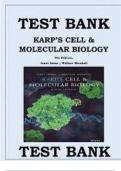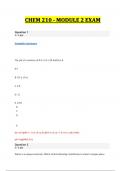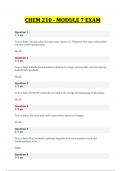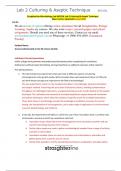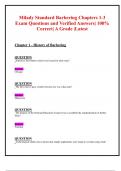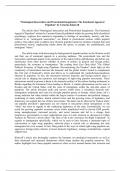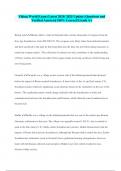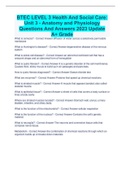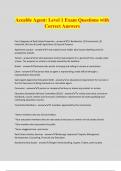Exam (elaborations)
TEST BANK For Karp’s Cell and Molecular Biology, 9th Edition by Gerald Karp, Janet Iwasa, All Chapters Complete
- Course
- Institution
- Book
TEST BANK For Karp’s Cell and Molecular Biology, 9th Edition by Gerald Karp, Janet Iwasa, Verified Chapters 1 - 18, Complete Newest Version Karp’s Cell and Molecular Biology, 9th Edition, Gerald Karp, Janet Iwasa Karp’s Cell and Molecular Biology, 9th Edition Karp’s Cell and Molecular Biolo...
[Show more]
